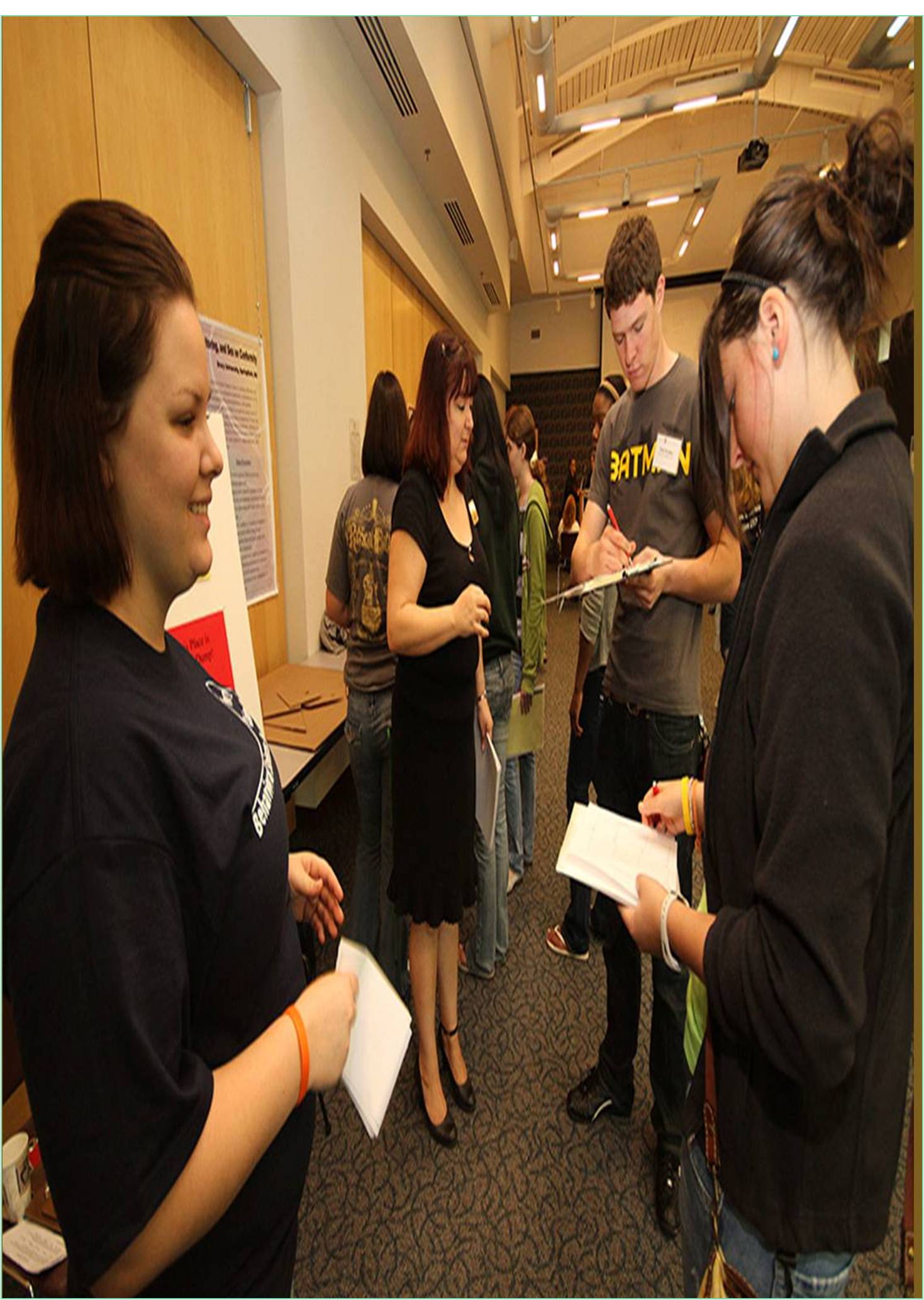



Received: 27-Jul-2022, Manuscript No. GJASSE -22-71947; Editor assigned: 01-Aug-2022, Pre QC No. GJASSE -22-71947 (PQ); Reviewed: 15-Aug-2022, QC No. GJASSE -22-71947; Revised: 22-Aug-2022, Manuscript No. GJASSE -22-71947 (R); Published: 29-Aug-2022, DOI: 10.15651/GJASSE.22.10.007
Anthropology is, in the broadest sense, the study of people. Anthropologists especially research human populations and cultures with the goal of comprehending what it means to be human. Anthropologists study several topics in human biology, evolutionary biology, linguistics, cultural studies, history, economics, and other social disciplines in order to achieve this goal.
The New Imperialism of nineteenth-century europe gave rise to anthropology. European explorers visited numerous ethnic groups and communities in the Americas and Asia during this time. As a social science, anthropology become more specialised and professionalised in the 20th century. In the meantime, the Aborigines' Protection Society's breakaway organisation, the Ethnological Society of London, was created in 1843 on its model, as was the Ethnological Society of New York, now known as the American Ethnological Society. These historical anthropologists were liberal, anti-slavery, and human rights advocates. They continued to have contacts abroad.
The intellectual outcomes of the comparative methodologies developed in the earlier 19th century include anthropology and many other modern sciences. Theorists in a variety of disciplines, such as anatomy, linguistics, and ethnology, were beginning to think that similarities between creatures, languages, and folkways were the consequence of processes or laws that they were unaware of while they compared the features of their subjects.
Anthropologists look at the unique aspects of various cultures while also examining the universal traits that all humans share (Scupin and De Corse, 1995). They endeavour to learn what causes explain the similarity of some beliefs, institutions and customs that are shared by all cultures. They struggle to explain why there are cultural universals exist (i.e., a certain non-material or material culture) produced in one society spreads to other societies. The idea of evolution played a significant role in the early theories of cultural anthropologists. Sir Edward Tylor and Sir James Frazer in England and Lewis Henry in the United States were the most significant founding characters of cultural anthropology in the late eighteenth and early nineteenth centuries. Morgan who resides in the USA, they created a theory of cultural evolution in which all Over time, cultures progress from simpler to more complex forms. These non-Western peoples were seen as being at a "primitive" stage, and “Civilization" as defined by Euro-American culture. It was presumptive neither non-Western cultures would advance to the level of implies the end of Western civilization.
Political anthropology emerged as a field predominantly focused on politics in stateless civilizations, a recent development that was sparked by the 1960s and continues to this day: anthropologists began to investigate more "complex" social contexts when there are governments, bureaucracy, and Markets were mentioned in anthropological reports as well as examination of regional occurrences. Sociocultural anthropology includes political anthropology as a discipline, although like anthropology as a whole, it is difficult to define precisely. The comparative, field-based analysis of politics in a variety of historical, social, and cultural contexts forms the basis of political anthropology. Political anthropologists frequently integrate ethnographic research with history today. Some examine the symbolic forms and procedures of a particular state bureaucracy, while others focus on a type of political action, the use of terror or torture, or the political repercussions connected to the regular and ritual creation of a certain collective memory. By the end of the 1960s, decolonization, revolutions, social movements like student movements, the intensification of the Cold War, and particularly the political unrest in North America and Europe over the Vietnam War, refocused anthropological attention on profound political changes and inspired its participation in radical critiques of the global political order. In doing so, anthropologists turned away from the goals and considerations of traditional political system studies and began to reevaluate them in light of the emergence of larger structural inequities.
At the turn of the century, the brand-new science of anthropology was forced to seize its own intellectual territory so that it could serve as the protector of reality and objectivity. It has to be generate original items (cf. Fabian 1983). The person was Malinowski been mentioned as the proponent of "the native point of view," whose principles, norms, and guidelines for contemporary ethnographic writing. Ethnography is the documentation of an ethnos, according to Peter Mason. It is "a method of translation and reduction". "All ethnology, “He continues, "is an experience of the confrontation with" Other is deprived of something by having it documented in writing.